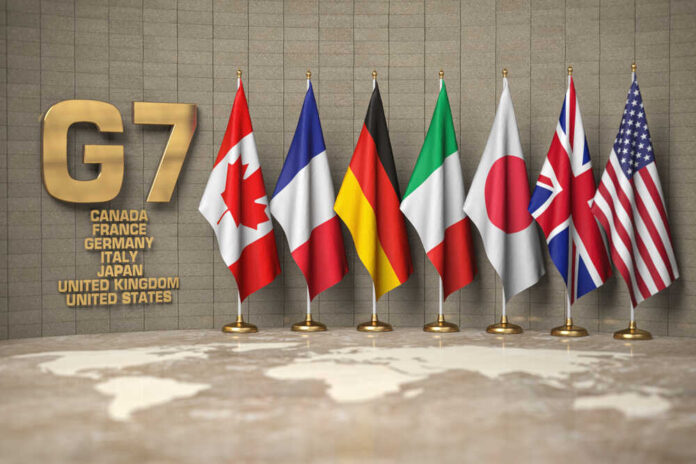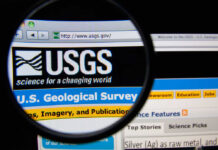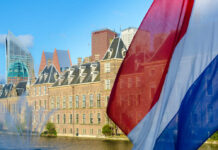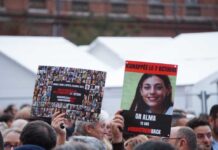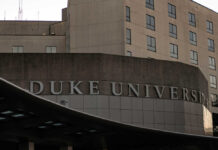World leaders are meeting in Hiroshima on Friday for the annual Group of Seven (G7) economic summit where the war in Ukraine and rising tensions in Asia will likely be part of the focus, the Associated Press reported.
The G7 is made up of Canada, France, Germany, Italy, Japan, the United Kingdom, and the United States, as well as the European Union.
Matthew Goodman, the Center for Strategic and International Studies senior vice president for economics, told the Associated Press that the war in Ukraine has created a “sense of common purpose” among G7 leaders and the commitments Ukrainian President Volodymyr Zelensky secured ahead of the summit could create “peer pressure” among G7 leaders to increase their support for Ukraine.
Additionally, the G7 leaders are likely to discuss the likelihood of renewed conflict in Asia as relations with Beijing continue to deteriorate. Of chief concern is China’s growing assertiveness and fear that it could attempt to invade Taiwan, prompting a broader conflict in the region.
With concerns over the current strength of the global economy, G7 finance ministers and central bank chief met ahead of the summit to pledge to tackle inflation, bolster financial systems, enforce Russian sanctions, and aid countries saddled with heavy debts.
The G7 leaders are also turning more attention to the Global South, specifically, Asia, Africa, and Latin America, inviting countries from the region, including Vietnam, South Korea, Brazil, India, and Australia, to attend the Hiroshima summit as guests.
Japan’s Prime Minister Fumio Kishida hopes to use the summit to highlight the risks of nuclear proliferation, especially in light of North Korea’s recent spate of missile tests and Russia’s threat to use nuclear weapons in Ukraine.
The choice of Hiroshima to host this year’s G7 was deliberate on the part of Prime Minister Kishida. Japan’s prime minister, whose family is from Hiroshima, hopes that the choice of city will underscore his country’s “commitment to world peace” and help build momentum for a “world without nuclear weapons.”
The first nuclear weapon was dropped on Hiroshima on August 6, 1945.


